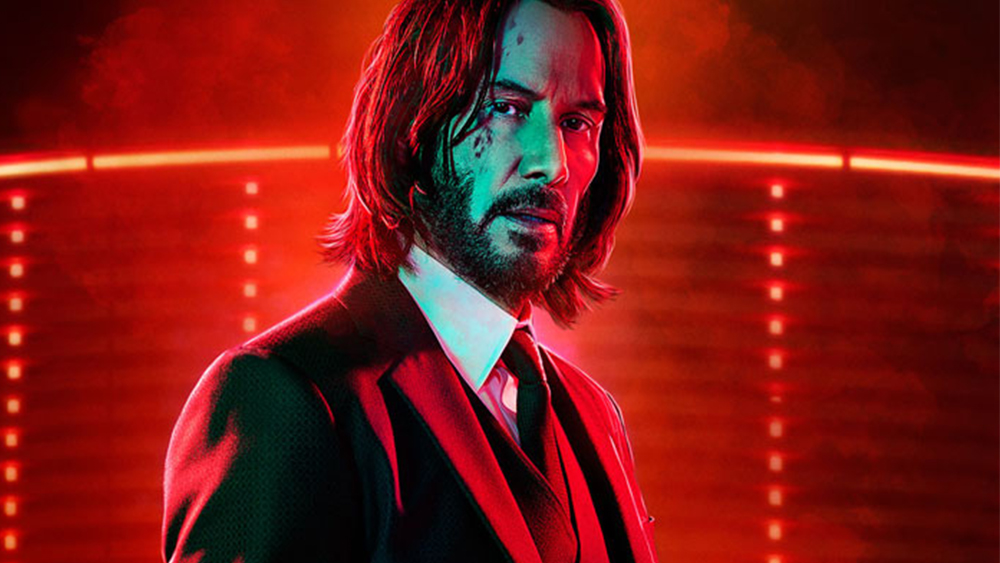
AI video has been advancing at a rapid rate, but there are still significant hurdles, both in terms of the tech and ethical and legal aspects. That means that major studios have largely avoided significant use of AI video generation so far, but that's about to change.
Lionsgate, the Canadian-US entertainment company behind franchises like John Wick, Saw and the Hunger Games, has announced a deal with the AI video developer Runway. They will create an exclusive custom generative AI model based on the company's film and TV library (see our pick of the best video-editing software for your own work).
The deal between Lionsgate and Runway will the latter to train a new generative AI model on Lionsgate content. The model will be exclusively for Lionsgate's own use, and the company plans to use it for the production of future film and TV projects. It's a first-of-its-kind deal that seems likely to prompt other major production companies to follow suit, resulting in each studio having their own custom generative AI model.
On the face of it, the move could avoid some of the controversy involved in training generative AI since Lionsgate would be using a model trained on its own intellectual property rather than other people's. Nevertheless, the move is generating controversy.
For a start, the details provided are fairly scant. It's not clear if the model will be trained only on Liongsate content. I assume the base of it will be an existing model, possibly trained on copyright material without permission. The companies have said only that Lionsgate's AI model will be “customized to Lionsgate’s proprietary portfolio of film and television content."
We're told the purpose will be to “help Lionsgate Studios, its filmmakers, directors and other creative talent augment their work”, and vice chair Michael Burns claims that “Several of our filmmakers are already excited about its potential applications to their preproduction and postproduction process".
But filmmakers on social media seem to be less impressed. After all, it's hard not to suspect that the main aim is to reduce costs. And AI is a major issue in Hollywood, as we saw during the writers' strike. Unions fear that it could lead to jobs losses, which actors and musicians are concerned about the use of their likenesses or creations.
I don’t think I’ve ever seen a grosser string of words than: 'to develop cutting-edge, capital-efficient content creation opportunities.' pic.twitter.com/1CZJJRX7v9September 18, 2024
Over on X, some are nauseated even by the wording of the Lionsgate announcement. "I don’t think I’ve ever seen a grosser string of words than: 'to develop cutting-edge, capital-efficient content creation opportunities'," the writer, director and producer Joe Russo wrote.
That use of the word "content" has particularly got under people's skin. "The word stems from the POV of ad planners and executives when planning ad placement. They look at a TV day and the placeholder for movies and stories were 'content' in between the ads. We need ad people out of cinema and storytelling," the journalist Jesper GB responded.
"This was always the end game for the studios and AI. And creatives involved in those projects really have no recourse because the studios own the IP. Hence why the strikes, in the end were never going to stop this. Studios will just AI themselves into oblivion," the voice actor Kat Loveland wrote.
"AI won't save Hollywood, it will only destroy it," the producer Marc Blitstein wrote, while the filmmaker Hayden Hewitt predicted that Lionsgate intended to train only on property they own so they can "copyright the lukewarm vomit that comes out the other end".
As for public-access tools, Adobe has finally provided a glimpse of its Firefly AI video model, and it promises to add generative AI in a Premiere Pro update by the end of the year.







